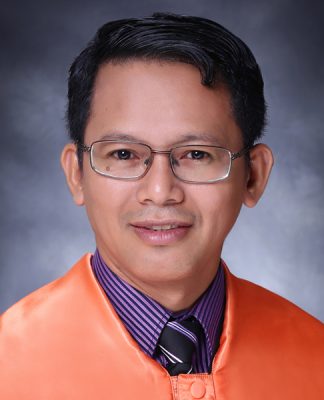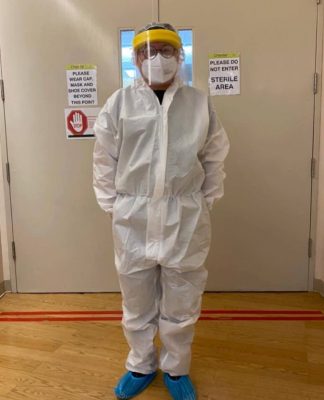THE COUNTRY’s next four administrations have a tough challenge ahead of them.
The results of a survey conducted by the National Economic Development Authority (Neda) last March showed that majority of Filipinos want a “comfortable and simple life” by 2040.
The survey, conducted as part of Neda’s long-term vision program dubbed as “AmBisyon Natin 2040,” also disclosed that many Filipinos prefer to work in the country rather than abroad 25 years from now.
Of the 10,000 respondents, 79 percent said they wanted a simple and comfortable life with enough money for their family’s daily needs, a car, a medium-sized home, their own business and time to relax with family and friends, go on occasional trips around the Philippines, and provide college education for their children.
Sixteen percent said they wanted an affluent life, while about four percent wanted to have the life of the rich.
Just in time for the upcoming national elections, this goal imposes a big challenge for the future leaders of the country.
With the current state of the Philippines, we are far from being a middle-class country which can provide such a kind of life for most Filipinos.
At present, the country’s per capita income, which reflects the kind of lifestyle Filipinos have, is at $3,500 (around P160,000). This is far from the project’s goal of $11,000 (around P500,000), which is enough to eradicate poverty by 2040.
Moreover, the Philippines still remains to be one of the largest sources of overseas workers. This scenario will seem to continue for the coming years, as the unemployment rate is at 5.8 percent, meaning 1 out of 10 Filipinos does not have a job, according to the January 2016 Labor Force Survey of the Philippine Statistics Authority.
Moreover, 1,844,710 overseas Filipino workers were deployed in 2014, while an average number of 6,092 Filipinos were leaving the country per day in 2015.
Neda’s vision requires immense support from the next four administrations. After all, the incumbent president and his or her Cabinet compose the Neda Board.
Without the proper implementation of necessary policies by the government, this vision will remain a mere dream for Filipinos.
The attainment of this goal can only be possible if the future administrations will be able to build a more inclusive government that will provide affordable education to the youth, develop an effective and efficient mass transportation system, and energize the economy to foster the right climate for jobs and business.
With just a few weeks before the May 9 elections, the fulfillment of this vision also lies at the hands of Filipino electorate.
With the goal of becoming a middle-class country by 2040, choosing the next leaders who will run the government has become more crucial for Filipinos.
Like what Neda Secretary Emmanuel Esguerra said during the launching of this project, the government’s primary role in attaining this goal was to enable continuous growth in the economy, invest in every Filipino and protect them against instability.
Filipino voters should elect leaders who have the capacity to protect everyone against social, environmental and economic instability, above all.
Surely, the country will face various challenges in the next 25 years, but with the combined efforts of the government and Filipino citizens, the country may even celebrate a progressive Philippines sooner than 2040.

















